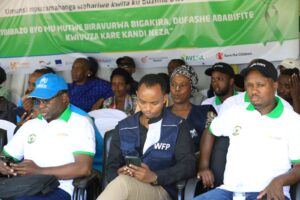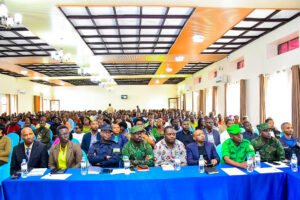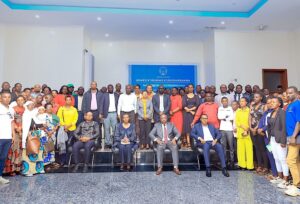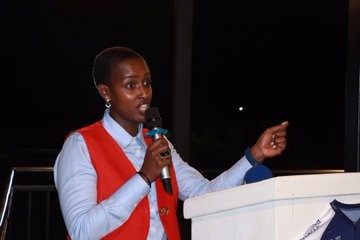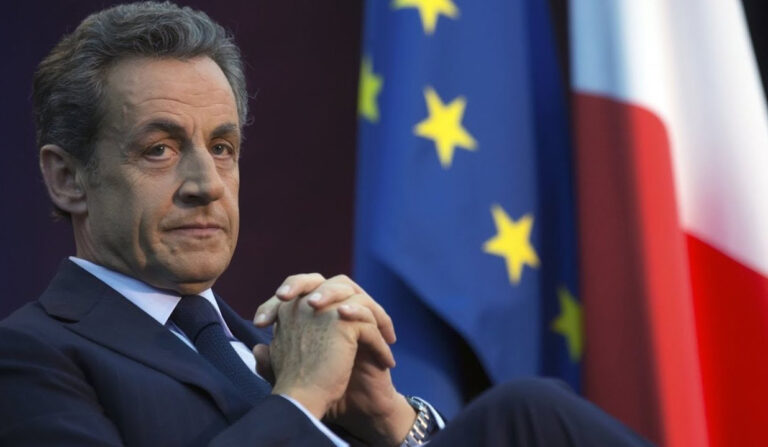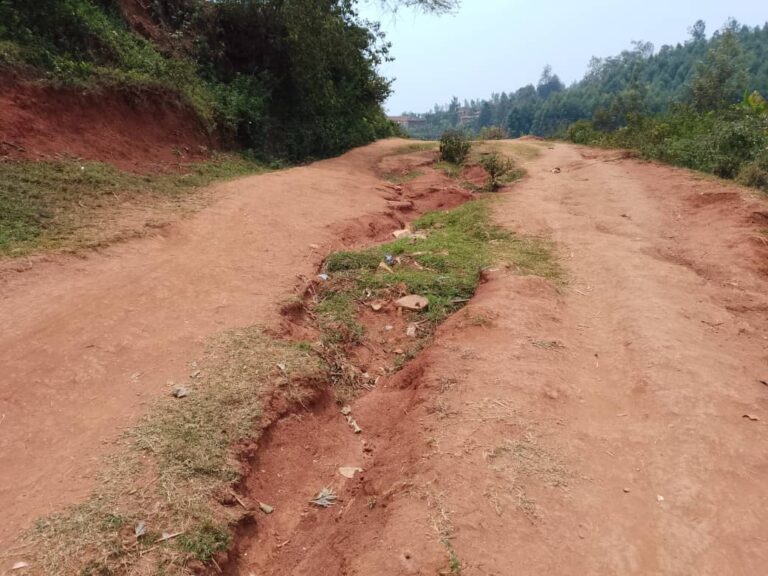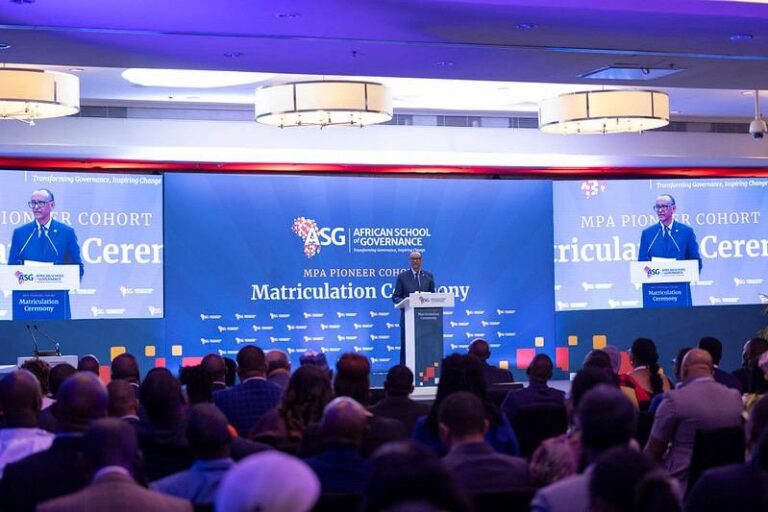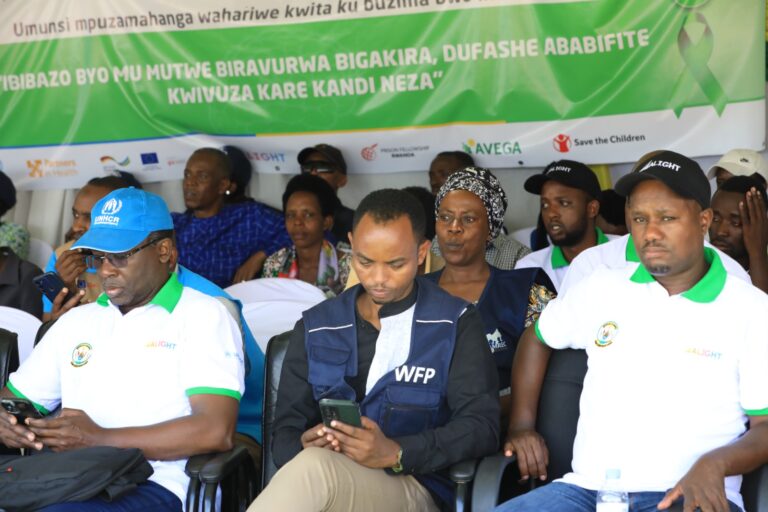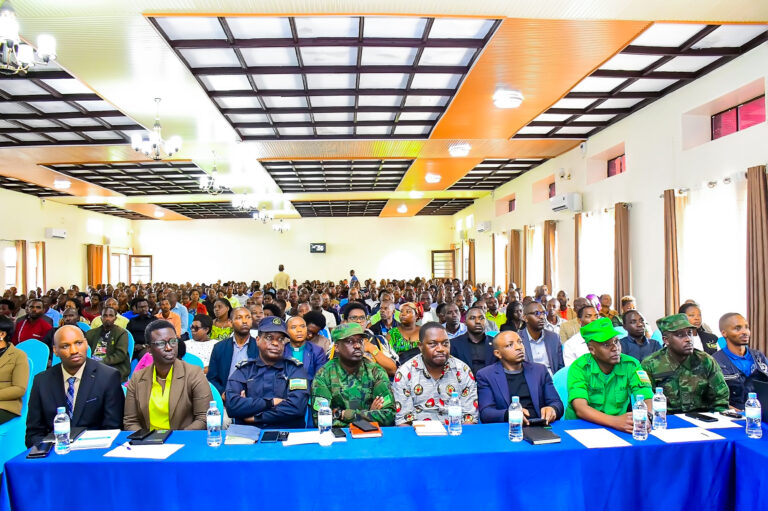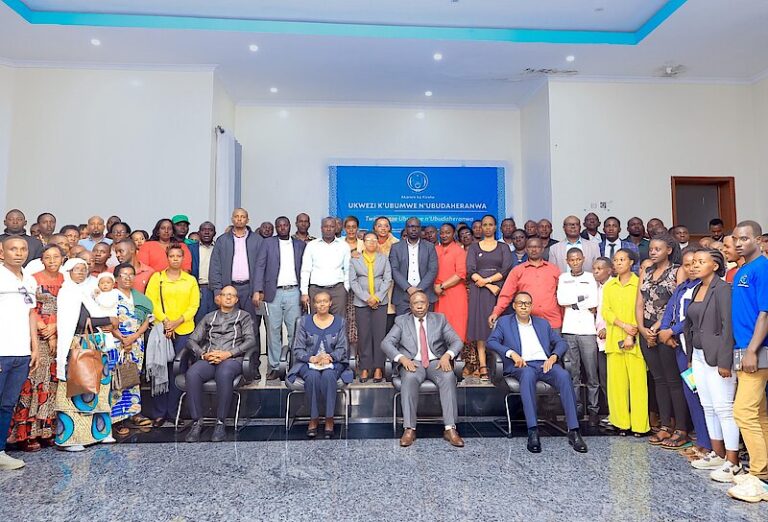A group of Rwandan environmental journalists and journalism students have successfully completed a three-day intensive training aimed at enhancing their skills in science and data journalism.
The training, which took place in Kigali from September 29 to October 1, was organized by the Swedish-based Fojo Media Institute through the Rwanda Media Programme.
The workshop focused on equipping participants with the tools needed to produce accurate, data-driven, and science-based stories — a growing necessity in environmental reporting amid global challenges such as climate change, biodiversity loss, and pollution.
Speaking about the impact of the training, several participants highlighted the value of the new knowledge and how it would influence their future reporting.
Nadine Umuhoza, a journalist with over 15 years of experience, admitted that she previously lacked a structured approach to writing science-informed stories.

Nadine Umuhoza
“I didn’t understand how to properly build stories based on scientific and data principles. I often wrote based on how I felt, and sometimes I unknowingly applied these techniques, but without really understanding them,” she said.
Her perspective was shared by fellow journalist Clemantine Nyirangaruye , who also has more than 15 years in the media. She emphasized the importance of incorporating statistics and media literacy into storytelling.
“I learned that media literacy helps define the problem, identify its causes, suggest possible solutions, and highlight the consequences if nothing is done,” Clemantine noted.
For younger participants, the training was equally insightful. Patrick Niyonkuru , a journalism student at the East African University Rwanda (EAUR), expressed surprise at how critical numbers are in journalism.
“I was told again and again — I didn’t know numbers were that important in storytelling,” he said.
The training was led by Jean Baptiste Ndabanananiye, who encouraged participants to apply their newly acquired knowledge in their daily work and continue refining their skills.

Jean Baptiste Ndabanananiye
“It’s important to revisit what you’ve learned. Consistent practice will help you grow as professional journalists,” he advised.
Peacemaker Mbungiramihigo, Media Policy Analyst at the Rwanda Governance Board (RGB), praised the initiative and emphasized the strategic importance of such capacity-building efforts.

Peacemaker Mbungiramihigo of RGB, praised the initiative for strengthening the core of environmental journalism through data and science-based reporting.
“In a world grappling with climate change, biodiversity loss, and environmental degradation, your efforts are not just timely — they are essential. By equipping our journalists with critical skills in data interpretation and fact-based reporting, we are not simply improving techniques; we are elevating the very soul of environmental journalism in our nation,” he said.
The training brought together journalism students and professionals already working in environmental reporting, fostering collaboration and knowledge exchange across generations of media practitioners.
Organizers hope the training will have a lasting impact on the quality of environmental journalism in Rwanda, empowering storytellers to better inform the public and influence policy through accurate, evidence-based reporting.







